Keywords: Indigenous Working Group
There are more than 24 results, only the first 24 are displayed here.
Become a subscriber for more search results.
-

AUSTRALIA
- Frank Brennan
- 09 November 2023
4 Comments
As the government drafts legislation to stem the rising tide of misinformation circulating online, the nation debates: will these measures sufficiently regulate online content and curb potential harms or threaten freedom of expression? This moment is a critical test for the integrity of Australia's public discourse.
READ MORE
-
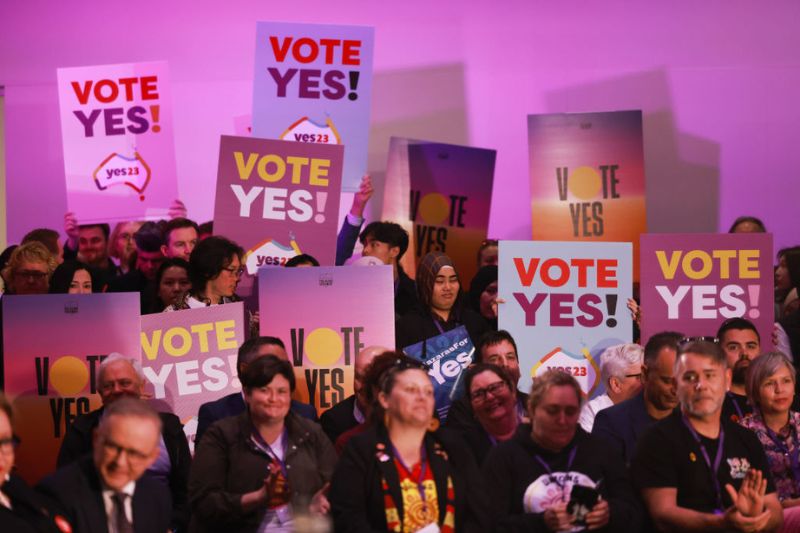
AUSTRALIA
- Frank Brennan
- 01 September 2023
14 Comments
As Australia approaches a pivotal referendum, voters face a critical choice: endorse a new chapter in the Constitution providing a 'First Nations Voice' or leave it untouched. Whichever way the vote goes, we will be left with a Constitution not fit for purpose in the 21st century.
READ MORE
-
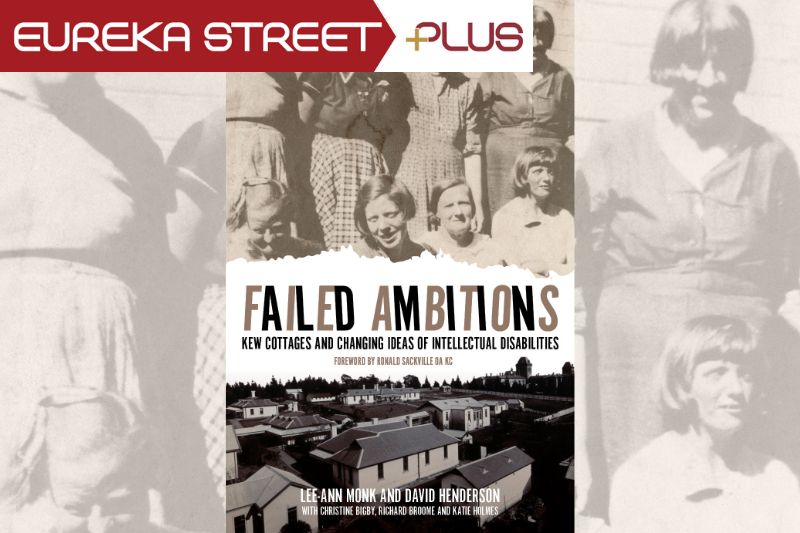
ARTS AND CULTURE
- Andrew Hamilton
- 25 August 2023
1 Comment
Failed Ambitions offers a complex exploration into the history of institutions for individuals with mental illnesses and intellectual disabilities. The book addresses the evolution of attitudes towards these communities, highlighting ongoing struggles with public stigma, systemic neglect, and the importance of giving voice to marginalised individuals.
READ MORE 
-
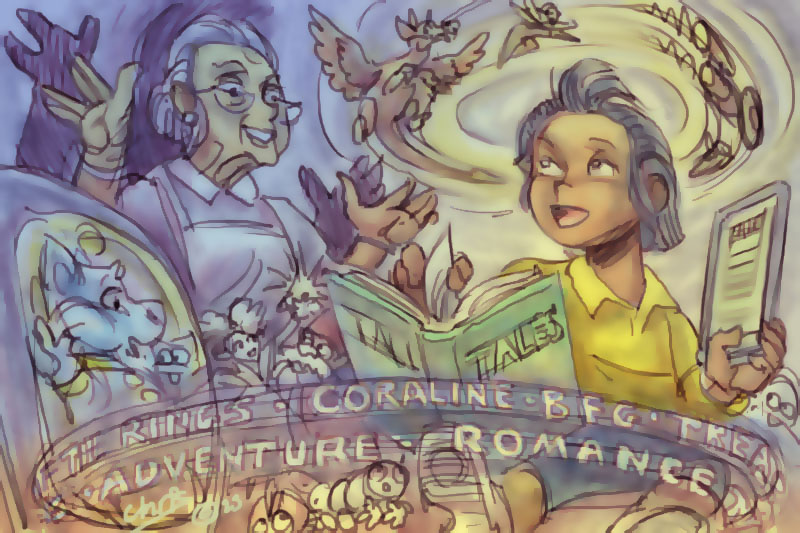
ARTS AND CULTURE
- Barry Gittins
- 11 July 2023
2 Comments
From our most cherished childhood memories to the hard-won wisdom of our adult years, stories are the threads that bind us together, the tapestries that shape our identities. But who gets to tell these stories, and how are they preserved for future generations?
READ MORE
-

RELIGION
- Michael McVeigh
- 09 June 2023
5 Comments
Known for incisive insights into societal issues like fundamentalism, loneliness, and abuse, theologian and cultural anthropologist Fr Gerald Arbuckle is now examining the rise of conspiracy theories. In conversation with Michael McVeigh, Arbuckle discusses his work, cultural anthropology, and the impact of 'cultural trauma'.
READ MORE 
-
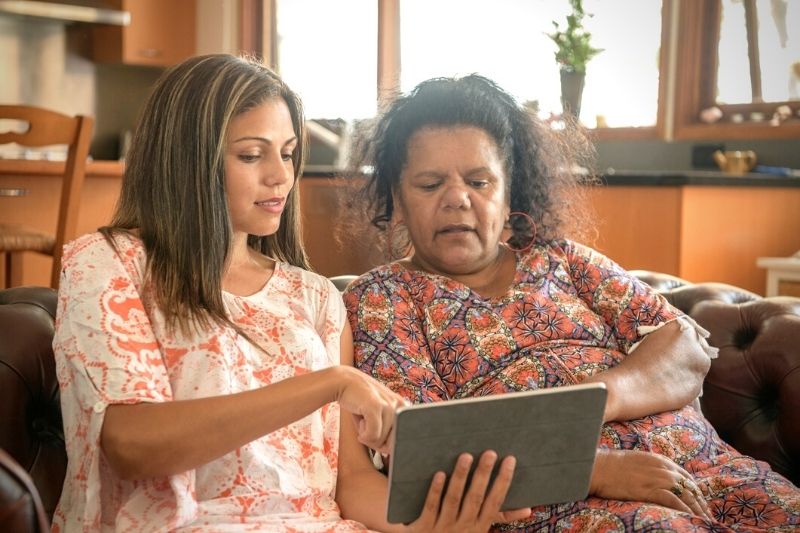
AUSTRALIA
- Natasha Moore
- 31 May 2023
1 Comment
250 years ago, hundreds of Indigenous languages were spoken in Australia. Today, only 3 percent survive. This echoes a painful narrative of dispossession of land, lives, and culture. But can a long-dormant language be brought back to life? A key figure in the resurgence of the Noongar language offers hope against the backdrop of cultural loss.
READ MORE
-

AUSTRALIA
- Michael McVeigh
- 05 May 2023
1 Comment
Recent books Statements from the Soul and An Indigenous Voice to Parliament explore different perspectives on the Uluru Statement, including the relationship between the land and Indigenous people and the legal impact of the proposed constitutional change, while demonstrating the need to appeal to hearts and minds in rallying support for an Indigenous Voice.
READ MORE 
-

AUSTRALIA
- Andrew Hamilton
- 16 March 2023
2 Comments
As the National Council for Fire and Emergency Services updated Australia's fire danger ratings to include 'Catastrophic', it's worth considering other crises that pose a catastrophic threat like climate change, war, diseases, and economic loss, where disadvantaged groups disproportionately suffer.
READ MORE
-
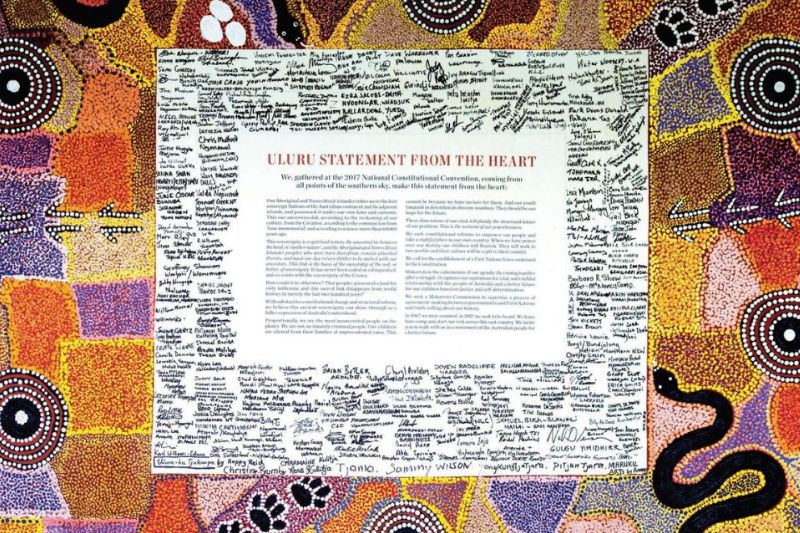
AUSTRALIA
- Glenn Loughrey
- 14 December 2022
1 Comment
In reflecting upon the Statement from the Heart, we need to explore what it is, what it is not, and how it works. The creative dynamic of the Statement is that it is a tool of justice and heart-healing. It is restorative justice writ large, involving the elements that make up the process leading to a resolution of the past and a creative response to the future by enacting justice in the present.
READ MORE 
-

AUSTRALIA
- Andrew Hamilton
- 24 November 2022
6 Comments
This year's International Day for the Elimination of Violence against Women is particularly significant because it follows shortly after the release of the National Plan to End Violence against Women and Children, a ten year project to eliminate violence against women in a generation. Of course, large initial hopes may be disappointed, but the implementation of plans is always the most difficult challenge.
READ MORE 
-
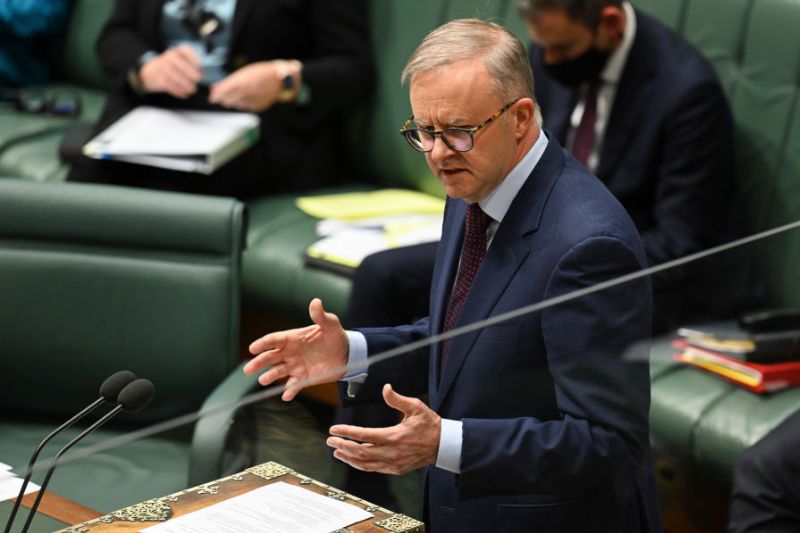
AUSTRALIA
- Frank Brennan
- 28 October 2022
6 Comments
In recent years, Australian policies in relation to asylum seekers and refugees have been unnecessarily mean, cruel and disorganised. The election of the Albanese government provides the opportunity for a reset, putting behind us the past mistakes of both Coalition and Labor Governments in the last 20 years.
READ MORE 
-
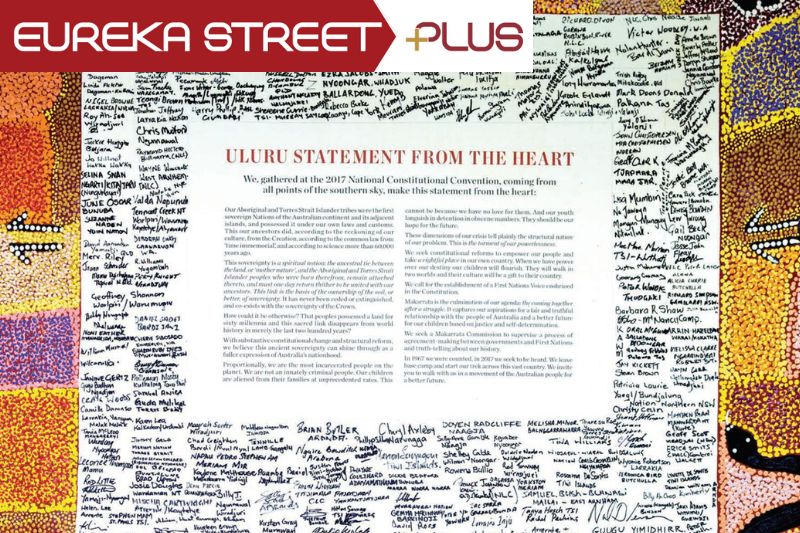
AUSTRALIA
- Frank Brennan
- 17 August 2022
2 Comments
We need to be able to do more than simply give notional assent to the Uluru Statement. We need to be able to contribute to the hard thinking and difficult discussions to be had if the overwhelming majority of our fellow Australians are to be convinced of the need for a Voice in the Constitution.
READ MORE 